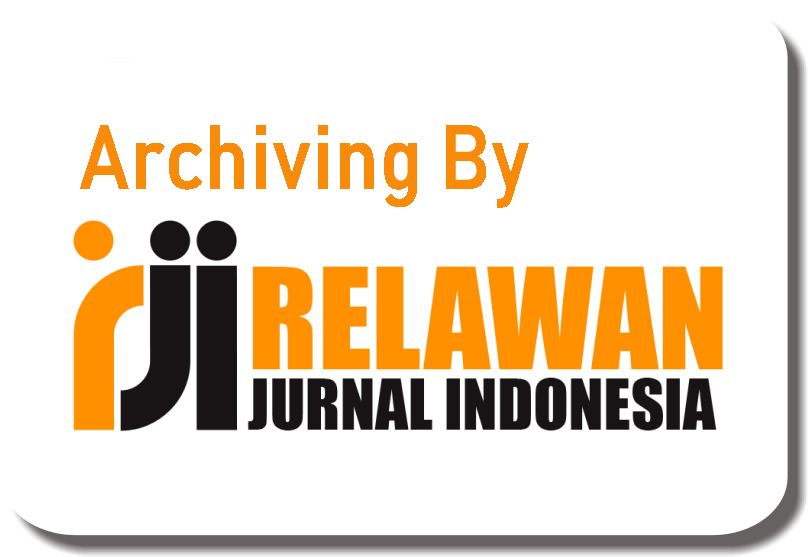The Representation of Illness in the Fault in Our Stars Directed by Josh Boone: A Psychological Perspective
Abstract
This study examines the representation of illness in The Fault in Our Stars directed by Josh Boone through a psychological perspective. Illness in popular media is often portrayed in a sentimental or stereotypical way, focusing on tragedy or victimhood. This research aims to show how the film frames illness as a meaningful and transformative human experience. The study applies a descriptive qualitative method by conducting close reading of film scenes and dialogues. The analysis is based on Arthur W. Frank’s typology of illness narratives, namely restitution, chaos, and quest. The findings indicate that illness in the film is not only depicted as a medical condition but also as a narrative that shapes identity, relationships, and philosophical views. The quest narrative appears most dominantly, reflecting how the main characters, Hazel Grace and Augustus Waters, find meaning, agency, and emotional growth in the midst of suffering. In conclusion, the film resists stereotypical depictions of illness by presenting resilience, introspection, and authenticity in facing mortality. The novelty of this study lies in applying Frank’s illness narrative theory to film analysis, highlighting how cinematic storytelling can redefine illness as a source of meaning and personal growth.
Keywords
Full Text:
PDFReferences
Blake, L. (2016). Challenging the Sick Teen Trope: Re-reading The Fault in Our Stars. Studies in Popular Culture, 38(1), 51–65.
Bogdan, R. C., & Biklen, S. K. (2007). Qualitative Research for Education: An Introduction to Theories and Methods (5th ed.). Pearson Education.
Erikson, E. H. (1968). Identity: Youth and Crisis. New York: W. W. Norton & Company.
Foley, M. (2014). Emotional Authenticity in Young Adult Fiction. Journal of Adolescent Literature Studies, 6(2), 113–127.
Frank, A. W. (1995). The Wounded Storyteller: Body, Illness, and Ethics. Chicago: University of Chicago Press.
Green, J. (2012). The Fault in Our Stars. New York: Dutton Books.
Miles, M. B., & Huberman, A. M. (1994). Qualitative Data Analysis: An Expanded Sourcebook (2nd ed.). Thousand Oaks, CA: Sage Publications.
Sugiyono. (2009). Metode Penelitian Pendidikan: Pendekatan Kuantitatif, Kualitatif, dan R&D. Bandung: Alfabeta.
Widyahening, C. E. T., & Wardhani, N. E. (2016). Literary Works and Character Education. International Journal of Language and Literature, 4(1), 176–180. https://doi.org/10.15640/ijll.v4n1a20
Widyahening, C. E. T., & Handini, O. (2023). Film Anna and the King: A Reflection on West and East Cultural Misunderstandings. Journal of Hunan University (Natural Sciences), 50(3), 207–211. https://doi.org/10.55463/issn.1674-2974.50.3.20
Widyahening, C. E. T., & Ulfah, M. (2022). The Role of Literature in Social Emotional Learning: A Case Study of Adolescent Illness Narratives. JETL (Journal of Education, Teaching and Learning), 7(1), 20–24. https://doi.org/10.26737/jetl.v7i1.3585
Yunita, A., & Yulianti, D. (2020). Illness and Identity in The Fault in Our Stars: A Narrative Perspective. Premise Journal, 9(1), 90–94. https://doi.org/10.24127/pj.v9i1.2645
DOI: https://doi.org/10.31004/jele.v10i6.1473
Refbacks
- There are currently no refbacks.
Copyright (c) 2025 Nazhat Afzha Wahid, Evy Tri Widyahening, Sri Handayani

This work is licensed under a Creative Commons Attribution-ShareAlike 4.0 International License.




